Period 7 Vocabulary
1/44
Earn XP
Description and Tags
19th-Century Perspectives and Political Developments
Name | Mastery | Learn | Test | Matching | Spaced | Call with Kai |
|---|
No analytics yet
Send a link to your students to track their progress
45 Terms
Otto von Bismarck
German statesman who unified Germany in the 19th century through wars and diplomacy. The first Chancellor of the German Empire, known for realpolitik and nationalistic foreign policy.
Dual-Monarchy of Austria-Hungary
A political entity formed in 1867 that united the Austrian Empire and the Kingdom of Hungary under a two monarchies while maintaining separate parliaments and administrations.
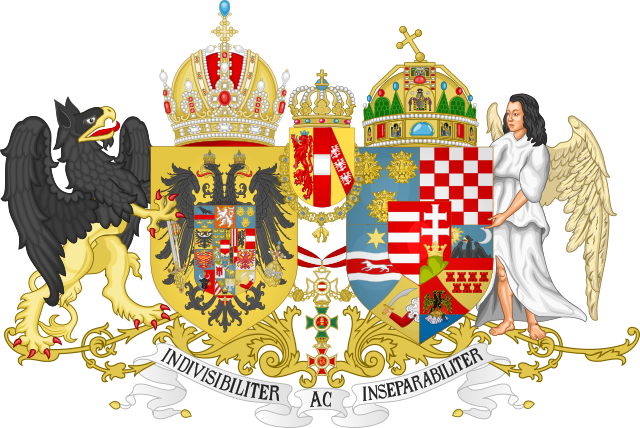
Count of Cavour
An Italian politician, statesman, businessman, economist, and noble, and a leading figure in the movement towards Italian unification.
He made all European leaders agree to the Italian Unification at the Congress of Vienna.
Napoleon III
Elected president who became Emperor of France in 1852, ruled autocratically, supported liberal reforms, and modernized Paris.
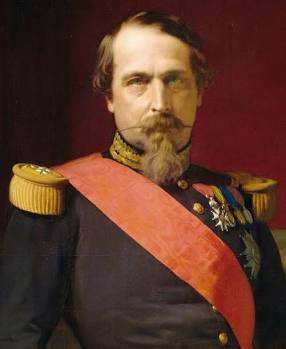
Chauvinism and National Aggrandizement
National encouragements to one’s own nation. Either: Promoted a Nation to make it appear to have great power, or the excessive belief in one’s own nation’s superiority.
Pan-Slavism
Nationalist movement in which Slavic peoples from all over Europe sought to unite to further their cultural and political aspirations
Romantic Idealism
Romantic artists began idealizing the pasts of their countries.
Romantic artists, writers, and composers valued the experience of the common man. and
Zionism
A form of Jewish nationalism that developed as a result of Antisemitism. Movement for Jews to return to the historical land of Israel and create a homeland.
Racialism
The idea that race is a key determiner of a person’s moral or intellectual capacities and culture; i.e., racism.
Crimean War
(1853) A conflict between Russia and an alliance of France, Britain, and the Ottoman Empire. Primarily over territorial disputes; It led to the decline of the Ottoman Empire and the breakdown of the Concert of Europe.
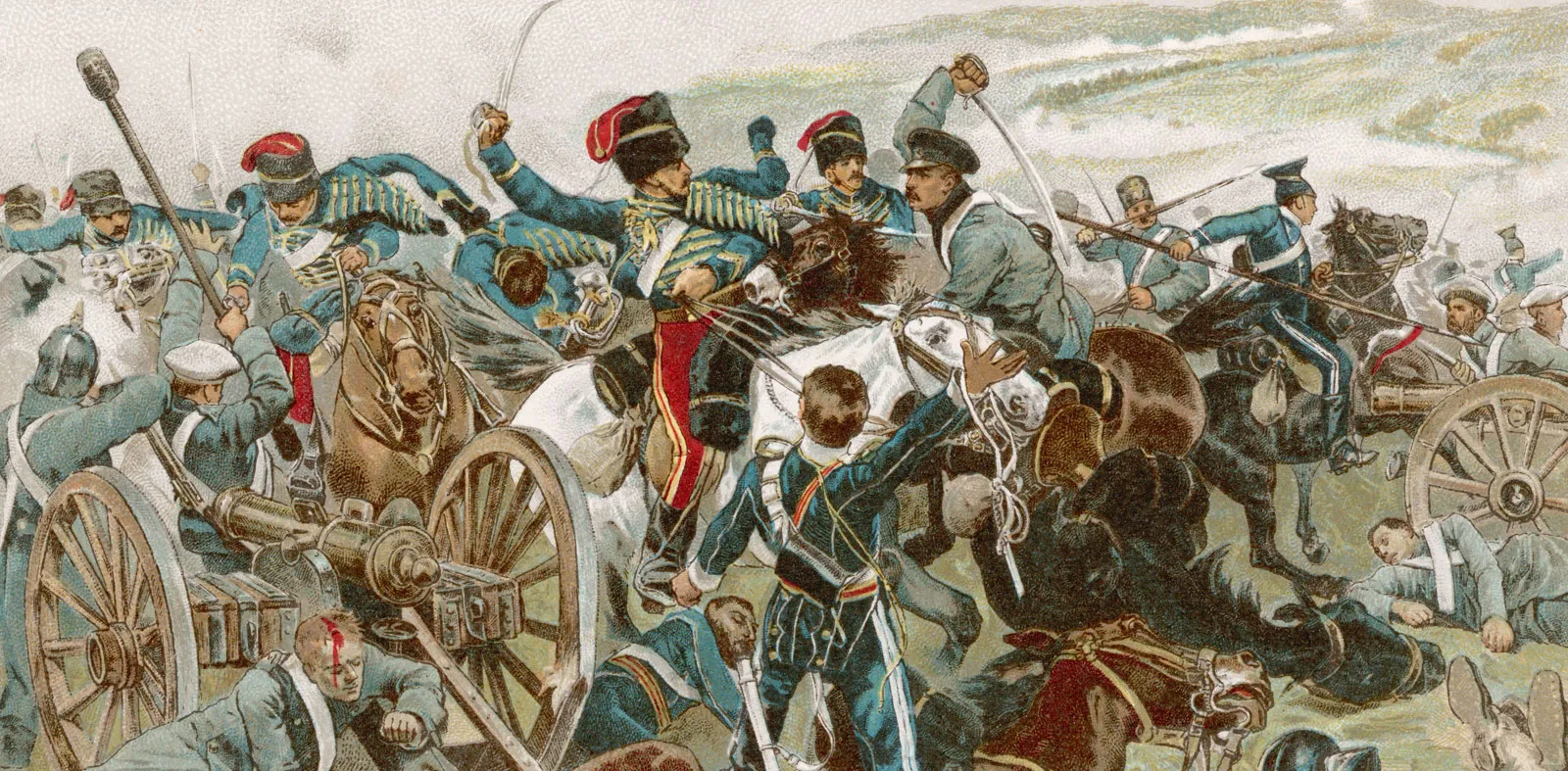
Giuseppe Garibaldi
An Italian general that contributed to Italian unification and the creation of the Kingdom of Italy.
Led a rebel army known as the Red Shirts and unified southern Italy. He gave the region into the hands of Victor Emmanuel.
Victor Emmanuel II
The first king of a unified Italy, he played a crucial role in the unification process and was a key figure in the Italian nationalist movement.
Realpolitik
A political approach that emphasizes practical and pragmatic considerations over moral or ideological ones.
Triple Entente
Alliance with Great Britain, France, and Russia.
Social Darwinism
Herbert’s application of Darwin’s theory to human societies. Suported racialiam which then led to eugenics.
Charles Darwin
A British biologist, geologist, and naturalist who is best known for his theory of evolution through natural selection.
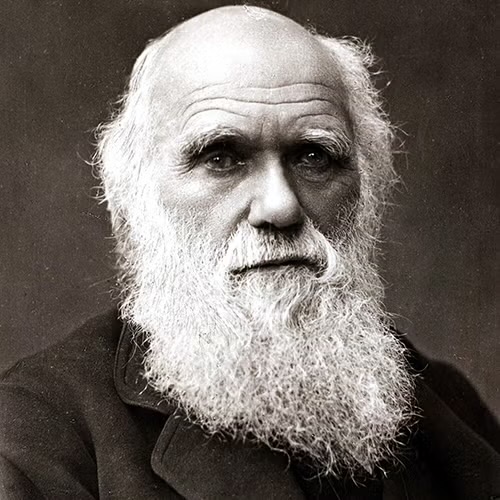
Natural Selection
the process through which populations of living organisms change as they adapt to the enviroment.
Darwinism
The Theory of Evolution, the idea that species evolve by a process of Natural Selection.
Herbert Spencer
The creator of Social Darwinism that believed that humans are comparable to animals, therefore “survival of the Fittest”.
Survival of the Fittest
Corresponding with economics, it’s the belief that wealth is a sign of fitness/auspiciousness and poverty is a sign of unfitness.
Nietzsche
Irrationalist philosopher who questioned the fundamental cultural values of Western philosophy and morality. He was quoted saying “God is Dead”; this quote argues religion is no longer morally binding people to do good things.
Positivism
A belief that knowledge is anything that’s been verified by scientific evidence.
Modernism
Rejection of all traditional belief systems and moral codes as outdated, hypocritical, and hindering progress
Freud
“Father of Psychology”, analyzes the conscious & subconsciousness. Used: Dream analysis, talk theory, and hypnosis.
Einstein
Irrationalist philosopher who questioned the fundamental cultural values of Western philosophy and morality. Created the Theory of Relativity,changed the understanding for modern physics.
Max Planck
a German theoretical physicist, studies Quantum Mechanics.
Imperialism
a policy of extending a country's power and influence through diplomacy or military force.
Quinine
Prevented Europeans from contracting Malaria in Africa
Berlin Conference
(1884-1885) An agreement regulating European colonisation and trade in Africa. Ensured peaceful expansion into Africa as France, Britain, and Germany were competing.
Boxer Rebellion
A response to the economic and political domination of foreign powers, particularly Britian and Japan; anti-foreign, anti-imprialist, anti-christrian uprising in China
Sepoy Rebellion
A major uprising in India in 1857–58 against the rule of the British East India Company.
Scramble for Africa
Competition for natural resources done by Britain, Germany, and France
Joseph Conrad
Wrote Heart of Darkness, a critique of European imperialism in Africa, exposing the brutal realities of colonial exploitation and the moral complexities surrounding it.
Fashoda Crisis
The climax of imperialist territorial disputes between Britain and France in East Africa; ended with France withdrawing from the area.
Monet
Impressionist french painter.
Picasso
A spanish Cubist painter
Wagner
A German dramatic composer, he composed Der Ring des Nibelungen (The Ring of the Nibelung).
Tchaikovsky 1812 Overture
A piece of classical music that commemorates Russia's successful defense against Napoleon's invading army during the year 1812
Goethe
Writer of Erlkönig, combines interest with supernatural with German Folk Mythology
Impressionism
A style or movement in painting originating in France, characterized by a concern with depicting the visual impression of the moment, especially in terms of the shifting effect of light and color.
Emile Zola
A French novelist who wrote Les Rougon-Macquart. Leader of literary naturalism
Post-Impressionism
An art movement that emerged after Impressionism, characterized by a stronger emphasis on personal expression, bold colors,
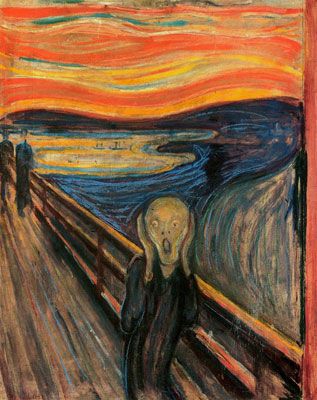
Cubism
A revolutionary new approach to representing reality uses geometric shapes. Invented by artists like Van Gogh.
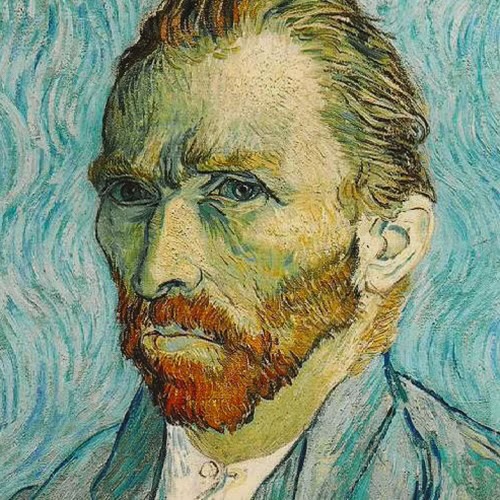
Van Gogh
A Dutch- Post-Impressionist painter
Zulu Resistance
The British ran profitable diamond minds; Zulu miners tried to resist British rule; when the British demanded that the Zulu disarm, the Zulu refused.